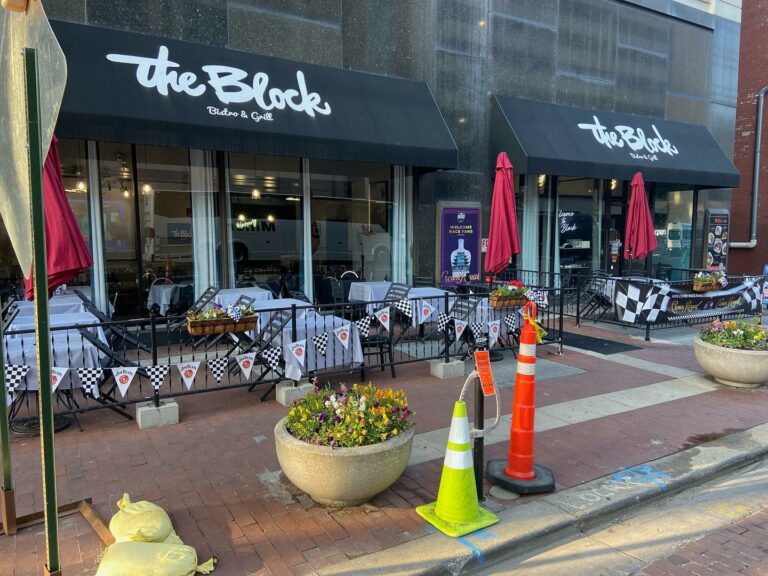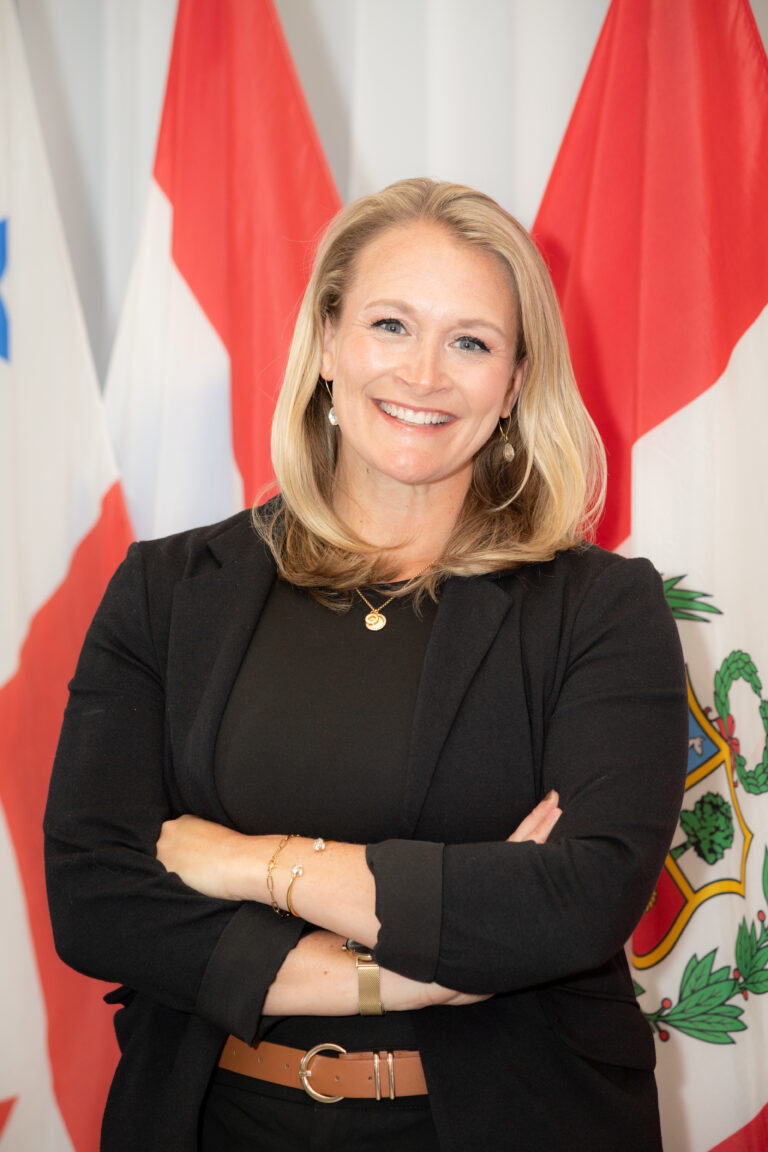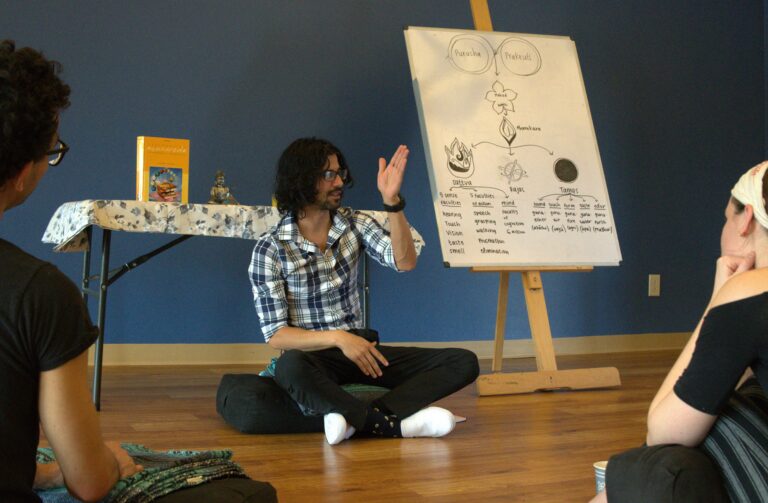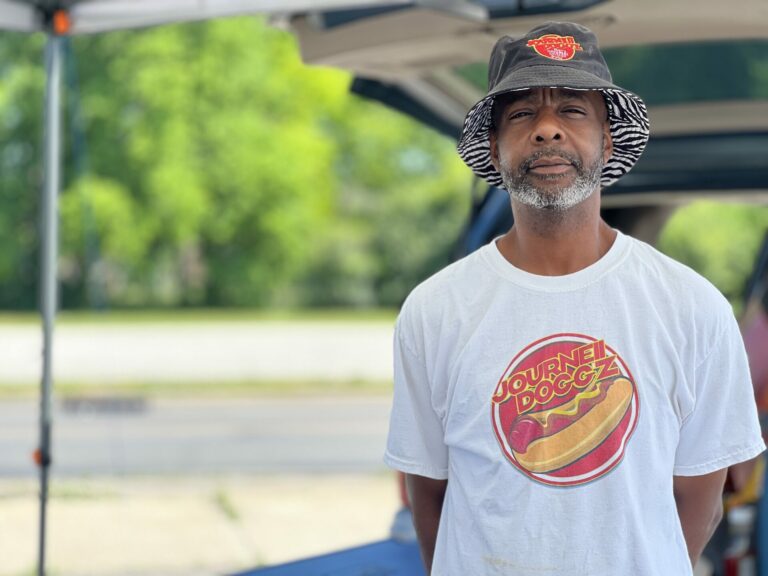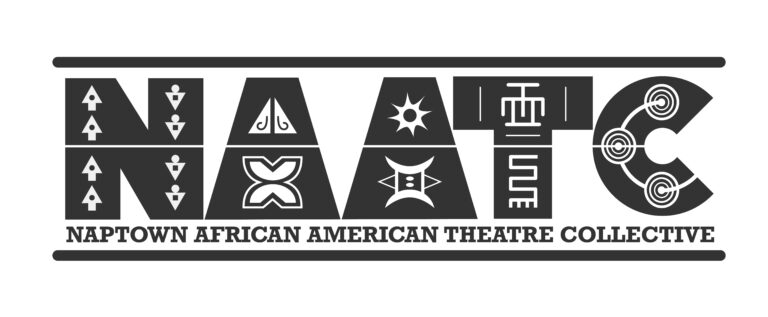By DONEISHA POSEY
Following the U.S. Supreme Court’s ruling against race-conscious admissions in higher education, corporate leaders fear that the ruling may cause additional scrutiny and legal challenges to their current DEI initiatives. To navigate this challenging landscape, CEOs must act intentionally and not abandon effective DEI practices out of fear.
Reducing Legal Risk
Private employment falls under Title VII and is enforced by the U.S. Equal Employment Opportunity Commission (EEOC). Title VII of the Civil Rights Act has long established the illegality of considering an individual’s race in any employment decision. This means that employers cannot reserve seats or set quotas based on race or protected classes. These foundational principles have shaped the boundaries of permissible actions regarding race in the workplace for decades and EEOC Chair Charlotte A. Burrows has emphasized that the SCOTUS decision has no bearing on its work. In a statement, she said, “It does not address employer efforts to foster diverse and inclusive workforces or to engage the talents of all qualified workers, regardless of their background. It remains lawful for employers to implement diversity, equity, inclusion, and accessibility programs that seek to ensure workers of all backgrounds are afforded equal opportunity in the workplace.”
The recent Supreme Court ruling on affirmative action reaffirms that race-conscious hiring practices are permissible but within specific parameters. They should be part of limited, temporary, and highly structured voluntary affirmative action programs. Importantly, these programs should only be implemented when employers can demonstrate evidence of company-wide or industry-wide hiring discrimination, with the goal of rectifying existing imbalances without causing “undue harm” to members of non-targeted groups. For employers adhering to these guidelines, there is no need for panic or extreme measures.
Overreacting by eliminating race-related affinity groups, avoiding the words “race” or “diversity” in the workplace, or discarding DEI as a strategic approach is harmful and not reflective of a genuine legal risk. Most workplace DEI programs align with established legal precedents and are unlikely to be significantly affected by the Supreme Court’s recent ruling.
Collect Data to Identify Disparities
Some leaders may be tempted to avoid collecting racial data altogether to minimize legal risks in the aftermath of the Supreme Court’s affirmative action ruling. However, this approach oversimplifies the complexity of the issue and may expose companies to greater risks. While using individual racial data to influence hiring decisions is illegal, aggregating racial data for the overall candidate pool to identify disparities is not only reasonable but advisable.
Collecting demographic data across various aspects of employment, such as employee engagement, promotion rates, turnover, and retention, serves as a powerful tool to uncover disparities resulting from existing practices, past discriminatory actions, or historical labor pool limitations. These criteria are explicitly listed in the Equal Employment Opportunity Commission’s (EEOC) Voluntary Affirmative Action Guidelines. Systematically collecting and analyzing this data offers valuable insights into areas where practices may inadvertently disadvantage certain groups. Subsequently, organizations can take proactive steps to address these issues.
Beyond mitigating legal risks, collecting demographic data is a highly effective tool for ensuring DEI initiatives yield measurable impact. It provides baseline information to track progress and assess the effectiveness of diversity, equity, and inclusion efforts, enhancing transparency both internally and externally. Data-driven approaches empower companies to move beyond intentions and effect tangible, positive change in the workplace.
Using Racial Data to Eliminate Barriers
A common misunderstanding about DEI initiatives is the belief that addressing racial disparities equates to giving preferential treatment to marginalized groups at the expense of others, particularly white employees. This notion is far from reality and has long been illegal practice. The most effective DEI programs use racial data not to favor one group over another but to identify and eliminate barriers that impede fairness and equity for everyone.
Consider a workplace scenario where racial data reveals a significant gap in promotion rates among employees of different racial backgrounds. Instead of resorting to preferential treatment, an equitable DEI approach investigates the root causes of this disparity. It may uncover that underrepresented employees have limited access to mentorship opportunities, are less likely to participate in leadership development programs, or face unconscious bias during performance evaluations.
Armed with this information, organizations can develop targeted initiatives to address these systemic barriers. For instance, they might institute mentorship programs open to all employees, ensuring equal access. This approach levels the playing field for everyone, irrespective of their racial background.
Using Racial Data to Design Fair Processes
Racial data plays a pivotal role in identifying disparities and designing fair and inclusive processes. The Mansfield Rule is a notable initiative that exemplifies how organizations leverage this data-driven approach to address industry-wide discrimination. This initiative, named after Arabella Mansfield, the first woman admitted to practice law in the U.S., focuses on rectifying systemic gender and racial disparities in the legal industry.
Initiatives like the Mansfield Rule are not about providing preferential treatment to underrepresented candidates in hiring. Instead, they provide organizations the opportunity to be more intentional in expanding their candidate pool before the hiring process begins. Using racial data, organizations implementing such practices can assess workforce demographics, identify diversity gaps, and strategically design processes to eliminate these disparities. This ensures every candidate competes on an equitable playing field.
Using Racial Data to Demonstrate DEI Progress
The wake of George Floyd’s tragic murder in 2020 prompted a significant call to action, leading many organizations to embrace DEI initiatives. A LinkedIn study revealed that Chief Diversity and Inclusion Officer positions grew by 168.9% between 2019 and 2022. However, a shift is occurring, with many of these positions being eliminated in various industries. Organizations that cannot provide evidence-based reasons for their DEI programs may find themselves relegated to short-lived trends.
For organizations genuinely committed to DEI, collecting, and utilizing racial data to showcase racial disparities or unmet needs can be invaluable. This data serves as concrete evidence of an organization’s dedication to rectifying systemic imbalances. By employing this data-driven approach, organizations not only justify the continuation of their DEI efforts but also chart a course toward a more equitable future.
As organizations navigate the evolving landscape of DEI, race-conscious programs and policies should be implemented as part of limited, temporary, and highly structured voluntary affirmative action programs. Being intentional, focused, and steadfast in the pursuit of DEI allows companies to continue their practices, ensuring that access and opportunity extend to all members of their workforce. This commitment not only promotes organizational success but also contributes to building a more just and equitable society for all.
At Black Onyx Management, we help companies manage for equity. Specifically with our Accompliceship in Action program, we help companies move from making statements about equity to taking action. If you’re ready to take action and use your racial equity data in an intentional, effective and legal manner, contact us at doneisha@blackonyxmanagement.com.
Doneisha Posey, Esq is Vice President and General Counsel for Black Onyx Management, Inc. A former Vice President for Diversity, Equity, and Belonging for Ivy Tech and a former Administrative Law Judge and Deputy Director and General Counsel for the Indiana Civil Rights Commission.
The information provided in this article is intended for general informational purposes only. The content is not intended to be, nor should it be construed as, legal advice. As an attorney, the author of this article offers insights based on their professional experience, but readers are strongly encouraged to consult with qualified legal professionals for advice on specific legal matters.


